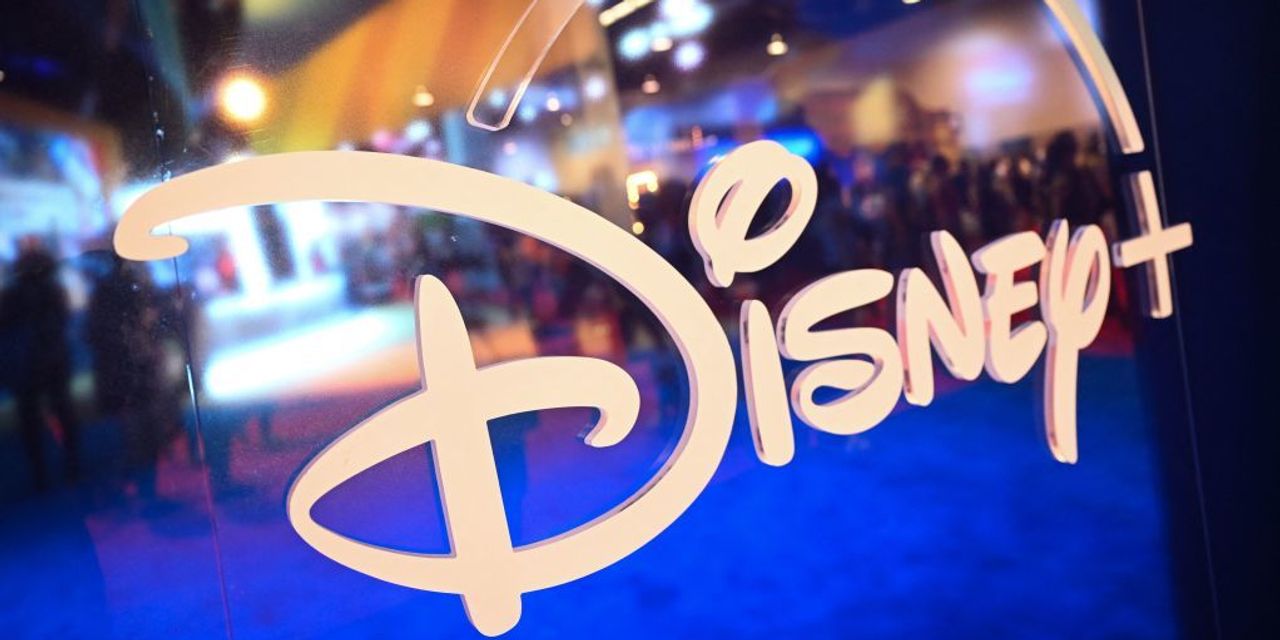Disney and Warner Bros Disappoint with Latest Movie Releases
Disney and Warner Bros, two of the biggest entertainment companies in the world, have been met with disappointing box office numbers in recent weeks. The release of “Avatar: The Way of Water” by Disney and “The Flash” by Warner Bros both underperformed, causing concern for investors and fans alike.
Disney’s “Avatar: The Way of Water”

Disney’s highly anticipated “Avatar” sequel, “The Way of Water” was expected to be a box office smash, but its debut fell short of expectations. The sci-fi sequel brought in $134 million in its domestic debut, less than the roughly $150 million Disney initially expected. In order for the movie to reach profitability, it needs to bring in at least $2 billion globally over its lifetime.
The Future of the “Avatar” Franchise
The disappointing numbers for “The Way of Water” have raised concerns over the future of the “Avatar” franchise. Disney had planned on releasing several more sequels over the next decade, but these plans may be in jeopardy if the latest installment fails to bring in the necessary revenue.
Warner Bros’ “The Flash”

“The Flash,” the latest superhero film from Warner Bros, also failed to meet industry expectations. With a debut of just $55 million during its first three-day weekend, the film was far from the $75 million to $85 million that experts had predicted. It also fell short of the $67 million debut of fellow DC film “Black Adam” last October.
Factors Contributing to the Poor Performance
Several factors may have contributed to the lackluster performance of “The Flash.” Controversy surrounding star Ezra Miller, a lack of consistency in the DC film franchise, and a narrow marketing campaign likely all played a role. Additionally, audiences have become more selective about which comic book films they spend their money on, as evidenced by recent post-‘Endgame’ years.
The Future of Disney and Warner Bros.

The poor performance of these two movies has raised questions about what the future holds for Disney and Warner Bros. Both companies are facing mounting pressure to increase profitability in traditional businesses like theaters and parks, as streaming losses continue to mount.
The Importance of Film Performance
The success of movies like “Avatar” and “The Flash” is critical for the future financial health of these companies, as they represent a significant portion of their revenue. Investors will be watching closely to see how Disney and Warner Bros respond to these poor box office numbers.
Conclusion

Disney and Warner Bros have been met with disappointing box office numbers in recent weeks, with the releases of “Avatar: The Way of Water” and “The Flash” underperforming. The future of movie franchises and of these companies themselves has been put into question as investors continue to look for profitable revenue streams amidst mounting streaming losses. These results highlight the continued importance of the performance of movies in the financial health of these major players in the entertainment industry.
FAQs

Q: What is “Avatar: The Way of Water”?
“Avatar: The Way of Water” is a sequel to the 2009 movie “Avatar.” It follows the same characters in a new adventure.
Q: Is “Avatar: The Way of Water” a financial failure?
“Avatar: The Way of Water” has fallen short of initial industry expectations, but its long-term profitability is yet to be determined.
Q: What is “The Flash”?
“The Flash” is a superhero film from Warner Bros, based on the DC comic book character of the same name.
Q: Why did “The Flash” perform poorly at the box office?
Several factors may have contributed to the lackluster performance of “The Flash,” including controversy surrounding star Ezra Miller and a narrow marketing campaign.
Q: What does the future hold for Disney and Warner Bros?
The poor box office performance of recent releases has raised concerns over the financial health of these major entertainment companies. Both companies are facing mounting pressure to increase profitability in traditional businesses like theaters and parks as streaming losses continue to mount.

